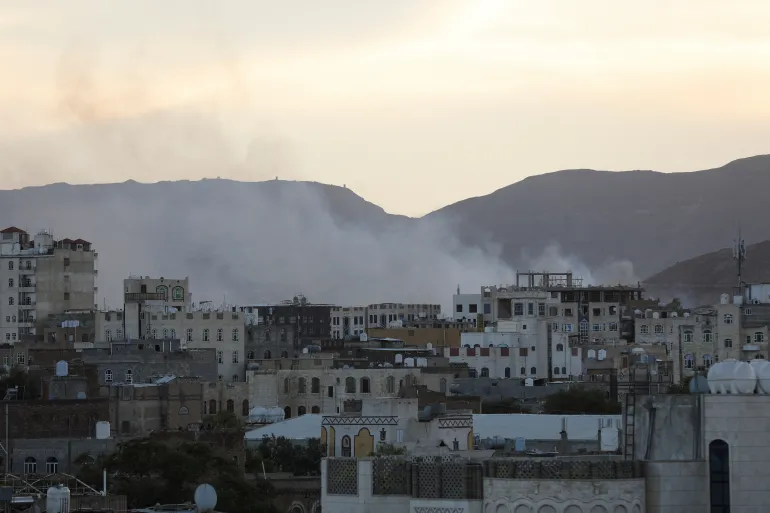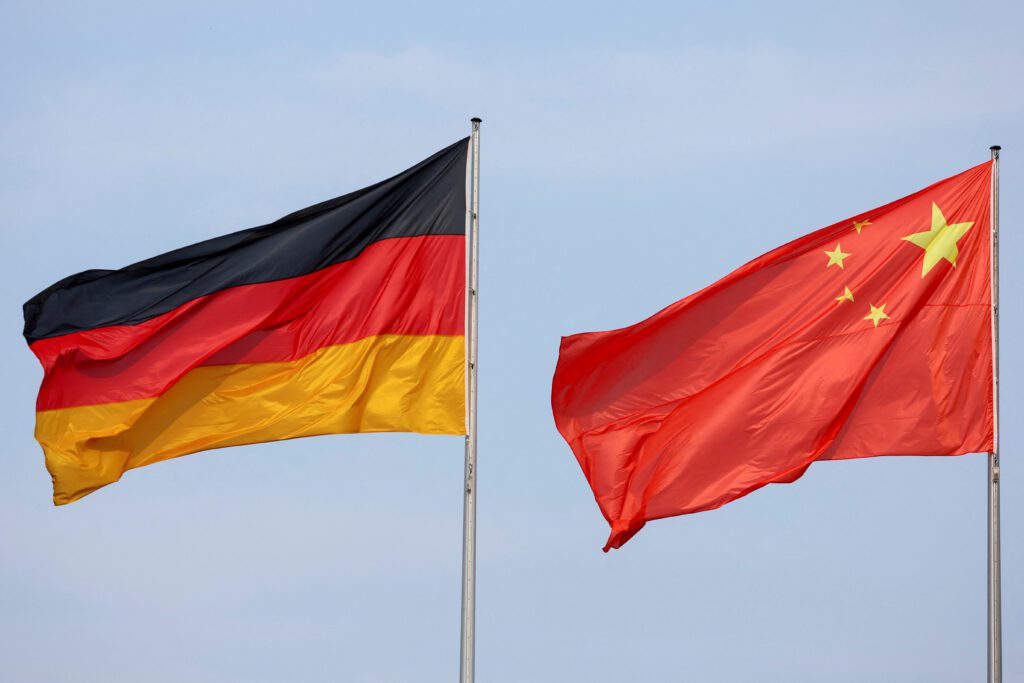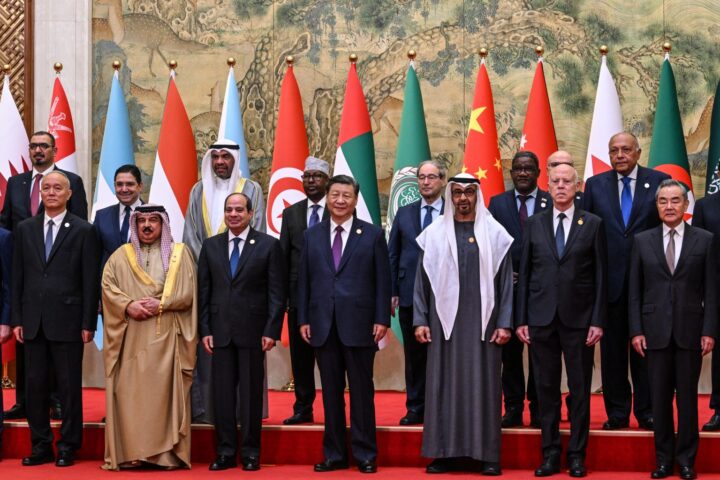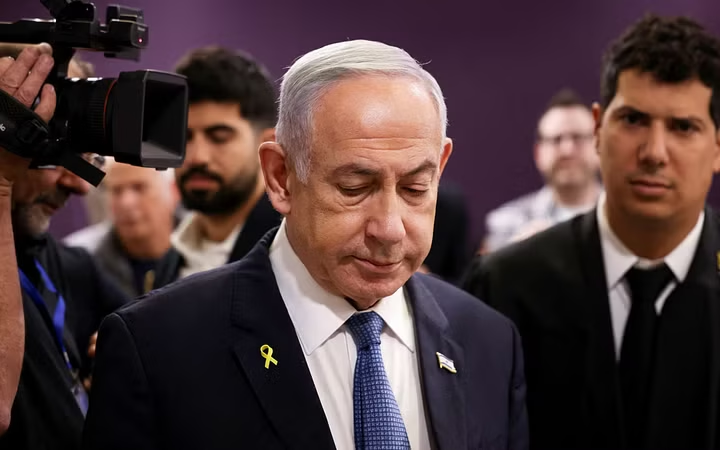Why Has the US Intervened Now?
On Tuesday, the United States carried out a series of strikes across Houthi-controlled parts of Yemen, targeting command and weapons production facilities. This marked a significant escalation in the US’s involvement in the Yemeni conflict, one that has been marred by humanitarian crises and proxy warfare.
For years, the US has played a backseat role, providing intelligence, arms, and logistical support to the Saudi-led coalition against the Houthi rebels. This shift towards direct action comes amid growing concerns over the Houthis’ burgeoning missile capabilities and Iran’s deepening footprint in the region. The US State Department has cited “an immediate threat to US personnel and partners in the region” as the primary motivator for these strikes.
What Are the Strategic Implications?
The US’s recent moves will undoubtedly have significant repercussions. First, the strikes have the potential to alter the balance of power on the ground. If successful in significantly degrading the Houthis’ military capabilities, these strikes could push the rebels towards the negotiation table, possibly paving the way for a political settlement.
However, this potential benefit must be weighed against the risk of further entrenching the conflict. In a statement following the strikes, a Houthi spokesperson vowed to “respond proportionately” to the US actions. This suggests an escalation of violence, at least in the short term.
Moreover, the strikes may have broader geopolitical implications. According to a report by the Center for Strategic and International Studies, an increased US military presence in Yemen could exacerbate tensions with Iran, potentially triggering a broader regional conflict.
How Will This Impact the Region and Beyond?
While the immediate impact of the strikes will be felt most acutely in Yemen, the ripple effects are likely to extend far beyond its borders. The Gulf States, particularly Saudi Arabia and the UAE, will be closely watching how this new chapter in the Yemen conflict unfolds. Their security and regional ambitions are directly tied to the outcome.
On a global scale, the escalation of US military involvement in Yemen may prompt other major powers, such as Russia and China, to reassess their positions. It could also impact oil prices. Yemen is strategically located near the Bab el-Mandeb Strait, a critical chokepoint in global oil trade. Any disruption in this area could lead to a spike in global oil prices, affecting economies worldwide.
What’s Next?
The coming weeks will be crucial in shaping the trajectory of the Yemen conflict. The US will need to balance its objectives of countering Iranian influence and mitigating the Houthi threat with the need to avoid being drawn into another protracted Middle Eastern conflict.
As the situation unfolds, the international community must not lose sight of the dire humanitarian situation in Yemen. According to the United Nations, 80% of Yemen’s population requires humanitarian assistance. The strikes and subsequent retaliation could exacerbate the suffering of the Yemeni people. Therefore, it is imperative that diplomatic efforts to resolve the conflict continue alongside military operations.







